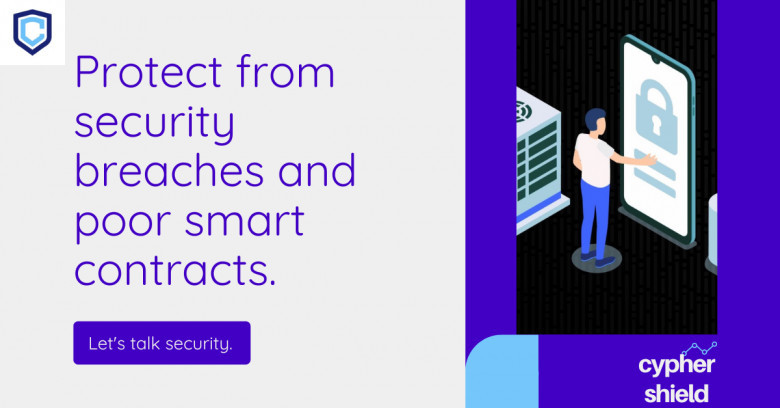views


A smart contract audit provides a detailed analysis of the security of a project's smart contracts.
In the blockchain, all transactions are final, therefore, the funds cannot be recovered in case of theft, and sometimes even the most experienced developers make mistakes without realizing it and leave vulnerabilities that expose the funds to attacks by cybercriminals. In the net.
With large amounts of value transacted in smart contracts, these have become attractive targets for attackers in recent years. Due to this, the need for such audits is experiencing a massive increase, since these are the fundamental element to safeguard the funds invested.
An example of an attack on a smart contract is the hack of “the DAO” in the Ethereum blockchain, which took approximately 60 million dollars in ETH and even led to an emergency Hard Fork in the network.
In addition to these cyber threats, audits have become essential and today more and more individual and institutional investors make their investment decisions in Blockchain projects, based on the results of audits on smart contracts.
What is a smart contract audit about?
In an audit, the smart contract code of a project is examined and commented on. These contracts are typically written in the Solidity programming language and are provided through GitHub.
Audits typically follow a four-step process:
Smart contracts are provided to the audit team for initial analysis.
The audit team presents its findings to the project team for action.
The project team makes changes based on the problems found.
The audit team issues its final report, considering any new changes or outstanding errors.
Security audits are performed using a set of standards and procedures. The smart contract audit process depends on the scope and size of the project and includes two types of tests:
Automated tests: They are carried out using special software to identify inputs and outputs of financial assets in the project. These tools allow the team to monitor what is going on in the operation of the project, making it easier for the audit team to locate common problems.
Manual tests: These are carried out when automated tools can no longer interpret the developer's intentions. An audit team will look at all specifications and then determine if everything works as intended by reviewing the program code.
After the audit is complete, the auditors write up the code flaws discovered and provide feedback to the project team to correct them. Most reports classify issues by severity, such as critical, major, minor, and so on.
Along with an executive summary, a standard report will contain recommendations and a full breakdown of where coding errors exist. Subsequently, the project team is given time to act on the report's findings before the final version of the report is published.
Once the errors are corrected, the auditors publish the final report, taking into account the actions carried out by the project team or external experts to solve the problems that were raised.
What is needed to request an audit?
Among the technical details required to request a smart contract audit, are:
General description of the project (the objective of the smart contract)
Documentation necessary to understand the project; intended use cases, architecture and design
Link to source code to determine the cost of the audit (usually access to a GitHub repository is given)
Protocol used (ERC, BSC, etc.) and programming language (Solidity, Cairo, other)
Desired End Date
Finally, collaboration between the development and auditor team is essential so that auditors can gain a full understanding of contract functions and an explanation of how contracts should work.
How much does an Audit cost?
The exact cost of an audit depends on the number of smart contracts to verify. Audit providers charge an average of $5,000 to $15,000 USD, depending on the complexity of the code.
A particularly large project can easily cost more than $10,000 USD. The reputation of the firm performing the audit also affects the final cost.
But why can an audit be so expensive?
In the process, a team of auditors can verify the code, line by line, which is a complex task that requires a lot of time and specialized training, and additionally, it is carried out by personnel in high demand.
Despite its cost, the smart contract security audit process is essential to correct flaws in the code, which could result in security vulnerabilities and much higher costs over time, or even the complete failure of the project due to an attack. Cybercriminal on the net.
How long does an Audit take?
Depending on the project, the number of lines of code, and the urgency, the initial audit process can take between 2 and 14 days. The audit could take up to a month for very large projects or protocols.
The client receives recommendations for solutions to implement after the initial audit is complete, and the client determines the time it will take to correct evidenced errors. After that, a remediation check is carried out which usually takes one day.












